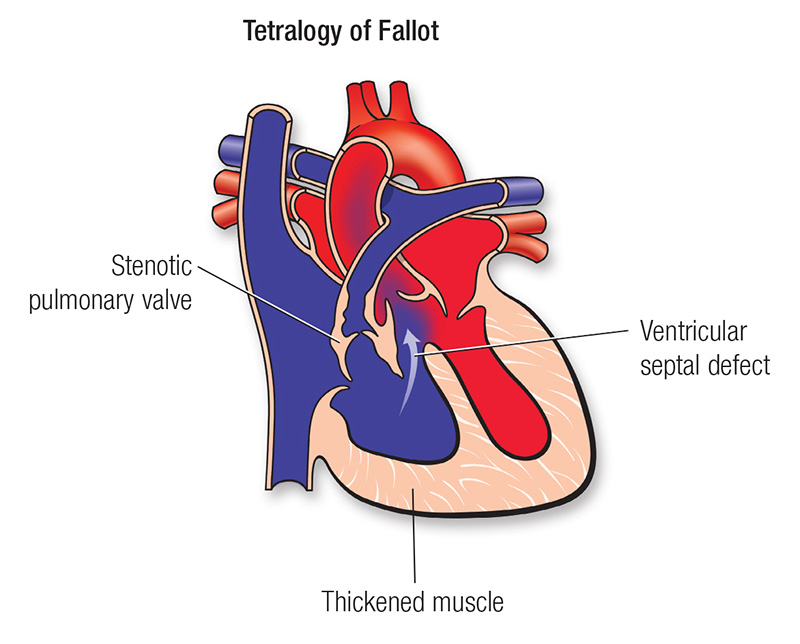TOF treatment
India
-
Our Price USD 5850
-
Hospital Price USD 6500
-
You Save : USD 650
Booking Amount: USD 585. Pay Remaining 90% at the hospital.
Book NowAdditional Credit
Among the important extras we offer as part of the Additional Credit are the following:
-
Site Tourism For The Patient & Attendant
-
Airport Pick & Drop Service
-
Ambulance service at airport
-
Priority appointments with The Doctor
-
Cancel Easily Anytime with Full Refund
-
Room Upgradation
-
Free Online Doctor Consultation Valued at USD 20
-
Free hotel Stay for 5 to 7 days Accordingly
-
Welcome Kit at Arrival
-
Interpreter
-
Medical Visa Assistance
What is Included?
- Doctor consultation charges
- Lab tests and diagnostic charges
- Room charges inside hospital during the procedure
- Surgeon Fee
- Cost of implant
- Nursing charges
- Hospital surgery suite charges
- Anesthesia charges
- Routine medicines and routine consumables (bandages, dressings etc.)
- Food and Beverages inside hospital stay for patient and one attendant.
What is not Included?
- Extra Radiology Investigations
- Healthcare Professionals Charges of other consultations.
- Other Requested Services such as Laundry etc.
- Additional Pharmaceutical Products and Medicines After Discharge from Hospital.
- Management of Conditions Unrelated to Procedures or Pre-Existing.
- The cost of any additional implants will be in addition to the package cost.
Package Description
TOF treatment:
Open-heart surgery to rectify the abnormalities (intracardiac repair) or a temporary technique using a shunt are also options for tetralogy of Fallot surgery. Intracardiac repair is performed on the majority of newborns and older children.
This open-heart surgery, which requires many repairs, is normally performed within the first year of a child's life. Adults with tetralogy of Fallot who did not have surgical correction as children may be candidates for this surgery.
The surgeon will patch over the ventricular septal defect to cover the opening between the lower chambers of the heart (ventricles) during intracardiac repair. Increase blood flow to the lungs by repairing or replacing the constricted pulmonary valve.
Disease Overview
Tetralogy of Fallot
Tetralogy of Fallot is a congenital cardiac ailment that consists of four congenital heart abnormalities. A ventricular septal defect (VSD), pulmonary stenosis, a misplaced aorta, and a thicker right ventricular wall are the four defects (right ventricular hypertrophy). They generally result in an insufficient supply of oxygen-rich blood to the body.
It's a congenital condition that prevents regular blood flow through the heart. It occurs when a baby's heart does not form properly during pregnancy when the infant grows and develops in the mother's womb.
Disease Signs and Symptoms:
Symptoms of Tetralogy of Fallot vary depending on how much blood flow is obstructed. The following are possible signs and symptoms:
- Low blood oxygen levels create a blue tint of the skin (cyanosis)
- Rapid breathing and shortness of breath, especially during food or activity
- Weight growth is poor.
- Playing or exercising might be exhausting.
- Irritability
- Crying for a long time
- Fainting due to a heart murmur
- The nail bed of the fingers and toes has an irregular, rounded form (clubbing)
Disease Causes:
Tetralogy of Fallot happens during the development of the baby's heart during pregnancy. In most cases, the cause is unknown.
Fallot tetralogy is made up of four defects:
- The valve in the lungs narrows (pulmonary valve stenosis).
- A gap between the bottom chambers of the heart (ventricular septal defect)
- The major artery of the body shifts (aorta).
- The right lower heart chamber is thickening (right ventricular hypertrophy).
Some infants and adults with tetralogy of Fallot may also have additional heart abnormalities, such as an atrial septal defect (hole between the upper chambers of the heart), a right aortic arch, or coronary artery issues.
Risk factors can be:
- A viral disease during pregnancy, such as rubella, is a risk factor for tetralogy of Fallot (German measles)
- Consumption of alcoholic beverages when pregnant.
- Poor nutrition during pregnancy.
- A mother who is over the age of 40.
- A parent who has tetralogy of Fallot.
- In the case of an infant, the existence of Down syndrome or DiGeorge syndrome.
Disease Diagnosis:
Tetralogy of Fallot is usually diagnosed shortly after birth. It's possible that your baby's skin will seem blue. When a doctor listens to the baby's heart using a stethoscope, he or she may detect an abnormal whooshing sound (heart murmur).
The following tests can be used to diagnose tetralogy of Fallot:
Measurement of oxygen levels (pulse oximetry). The quantity of oxygen in the blood is measured by a tiny sensor attached to a finger or toe.
Echocardiogram. Sound waves are used in an echocardiogram to produce images of the heart in action. The anatomy, positioning, and function of the heart wall, heart chambers, heart and pulmonary valves, and aorta may all be seen on an echocardiography.
An EKG is a type of electrocardiogram (ECG or EKG). When the heart contracts, an electrocardiogram captures the electrical activity. Sticky patches containing wires (electrodes) are applied to the chest, wrists, and ankles during this surgery. The cables are connected to a computer that shows the heartbeat. An ECG can reveal whether the heart chambers are enlarged or whether the heartbeat is irregular (arrhythmia).
X-ray of the chest. The structure of the heart and lungs may be seen on a chest X-ray. Because the right ventricle is enlarged, a boot-shaped heart is a typical X-ray symptom of tetralogy of Fallot.
Catheterization of the heart. This test can be used by doctors to assess the anatomy of the heart and plan surgical therapy. A thin, flexible tube (catheter) is inserted into a blood artery, generally in the groyne, and guided to the heart during this surgery.
Dye is injected into the catheter to let X-rays view the cardiac components more clearly. During the operation, the doctor can monitor pressure and oxygen levels in the heart's chambers and blood arteries.
Disease Treatment
A heart (cardiovascular) surgeon must conduct corrective surgery on all newborns with tetralogy of Fallot. Your baby's growth and development may be stunted if you don't treat him or her. Based on your or your child's health, your doctor will select the most appropriate procedure and the scheduling of the surgery.
While waiting for surgery, some children may require medication to keep blood flowing from the heart to the lungs.
Surgical or non-surgical techniques
Open-heart surgery to rectify the abnormalities (intracardiac repair) or a temporary technique using a shunt are also options for tetralogy of Fallot surgery. Intracardiac repair is performed on the majority of newborns and older children.
Repairing the inner lining of the heart
This open-heart surgery, which requires many repairs, is normally performed within the first year of a child's life. Adults with tetralogy of Fallot who did not have surgical correction as children may be candidates for this surgery.
The surgeon will do the following during intracardiac repair:
To seal the hole between the lower chambers of the heart, apply a patch over the ventricular septal defect (ventricles).
Increase blood flow to the lungs by repairing or replacing the constricted pulmonary valve.
Because the right ventricle will no longer have to work as hard to pump blood following this treatment, the thickness of the right ventricle wall will return to normal. The oxygen level in the blood rises after intracardiac repair, and symptoms fade.
Surgery for a temporary shunt
In order to increase blood flow to the lungs, newborns may need to have a temporary (palliative) surgery before having intracardiac repair. If your infant was born preterm or has underdeveloped pulmonary arteries, this operation may be performed (hypoplastic).
Information related to Treatment
Package Details
Days in Hospital
10 Days
Days in Hotel
*
14 Days
Room Type
Private
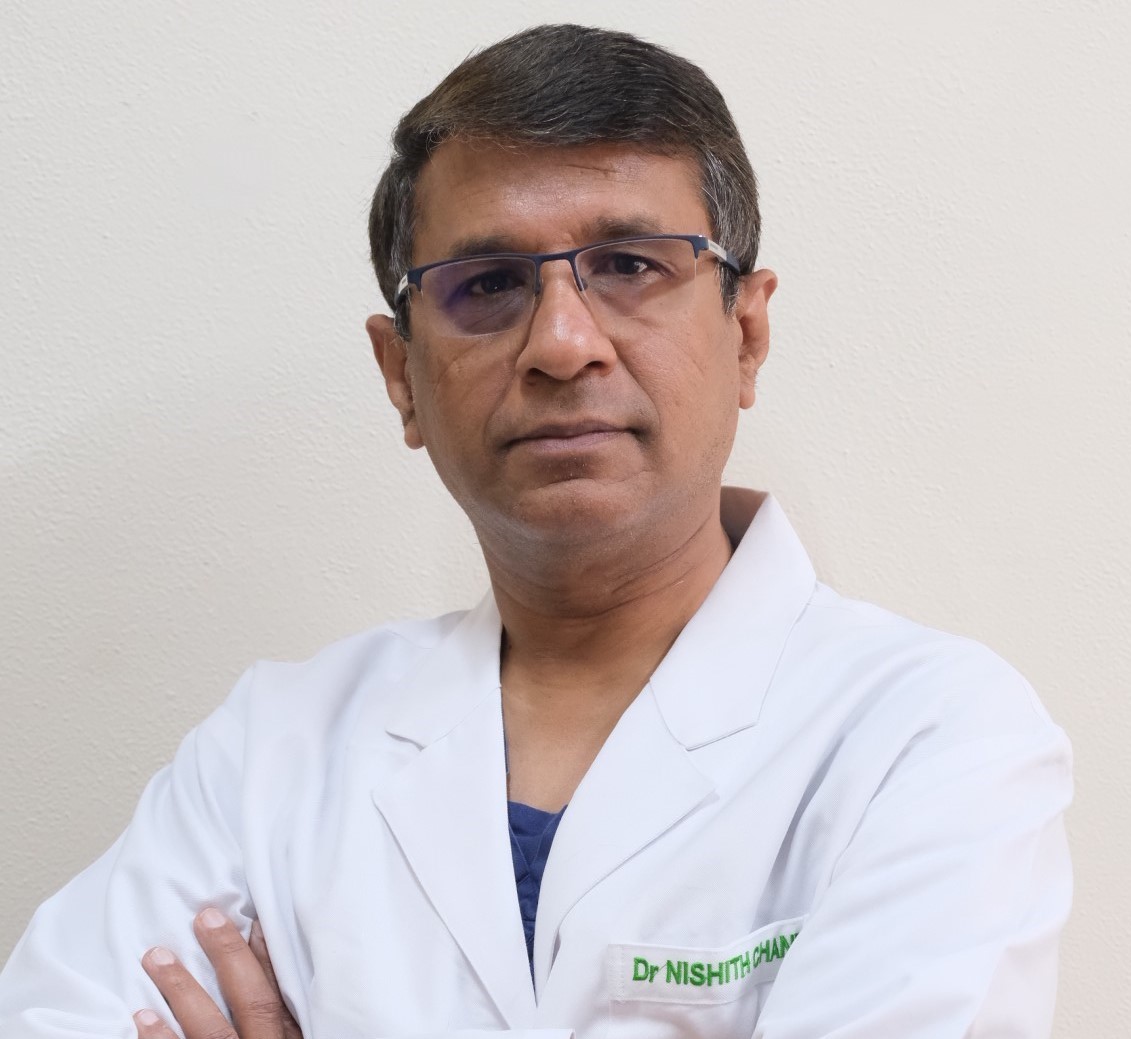
Treating Doctor
Dr. Nishith Chandra
Interventional Cardiologist- Pacemaker Implantation, Coronary Angiogram, Cardiac Catheterisation, Carotid Angioplasty And Stenting, Implantable Cardioverter-Defibrillators (ICDS), Peripheral Angioplasty
Fortis Escorts Heart Institute New Delhi, India
29 Years of Experience
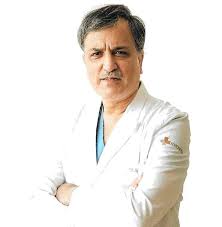
Treating Doctor
Dr. Anil Bhan
Cardiac Surgeon- Pediatric Cardiology, Pediatric Cardiac Surgeon
Medanta-The Medicity, Gurgaon Gurgaon, India
37 Years of Experience
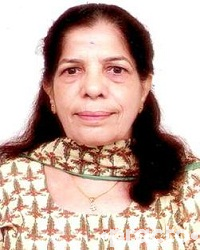
Treating Doctor
Dr. Shanti Talwar
Pediatric surgeon- Pacemaker Implantation, Coronary Angioplasty, Bypass Surgery, Intra - Arterial Thrombolysis Procedures, Mitral/Heart Valve Replacement, Congenital Disorders, Radial Approach Angiography, Cardiac pacing, Appencicitis Treatment, Balloon Mitral Valbuloplasty
Indraprastha Apollo Hospitals, New Delhi New Delhi, India
59 Years of Experience
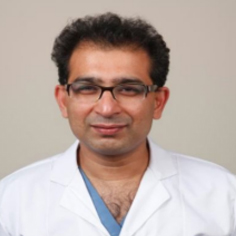
Treating Doctor
Dr. Viresh Mahajan
Paediatric Cardiology- Heart transplant, Angioplasty, GERD Surgery, Kidney Transplant, Pulmonary Arterial Hypertension, Kidney Stone Treatment, Bidirectional Glenn, Fontan procedure & Ebstein anomaly, Arterial switch operation, ASD VSD repair, Transposition of the Great Arteries (TGA) Surgery, Double Inlet Left Ventricle (DILV) Treatment, Double Outlet Right Ventricle (DORV) Surgery, Device implantation for heart failure treatment, Hypertrophic cardiomyopathy treatment, Surgery of ear for alleviation of deafness, Endoscopic Metal Stent Placement, Fitsula treatment, Coarctation, Brain Surgery and Brain Aneursym Surgery, Spasticity, Hip Arthroscopy, Pediatric Lung Transplant
Sarvodaya Hospital Faridabad, India
25 Years of Experience
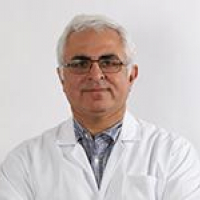
Treating Doctor
Dr. Hemant Madan (Prof)
Cardiologist- Adult & Paediatric- Pediatric Cardiology, Complex coronary interventions, peripheral interventions, Device implantation for rhythm disorders, Valve stenosis, Complex coronary and adult interventions, Paediatric interventions, Advanced pacing and device management, Paediatric and fetal echocardiography
Narayana Super Speciality hospitals Gurgaon, India
18 Years of Experience
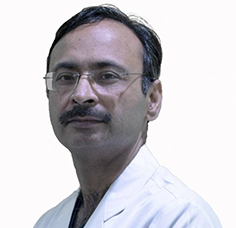
Treating Doctor
Dr. Sushil Azad
Paediatric Cardiology- Tetralogy of Fallot repair, Truncus arteriosus repair, Congenital Heart Disorder CHD, Arteriovenous Malformations, Congenital Limb Defects Surgery, Congestive Heart Failure (CHF) Treatment, Congenital Pseudarthrosis of the Tibia (CPT) Surgery, Cloacal Malformation Surgery, Pulmonary Atresia Surgery, Single Ventricle Defects Surgery, Transposition of the Great Arteries (TGA) Surgery, Connection Repair Arterial Switch, Double Inlet Left Ventricle (DILV) Treatment
Fortis Escorts Heart Institute New Delhi, India
17 Years of Experience
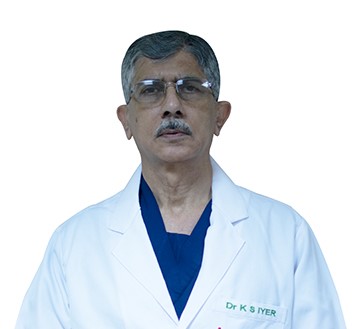
Treating Doctor
Dr. Krishna S. Iyer
Paediatric Cardiac Surgeon- Congenital heart surgery, paediatric Cardiologist, Neonatal heart surgery
Fortis Escorts Heart Institute New Delhi, India
30 Years of Experience
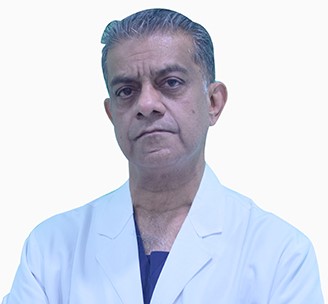
Treating Doctor
Dr. S. Radha Krishnan
Interventional Cardiologist- Pacemaker Implantation, Transcatheter Aortic Valve Implantation (TAVI), Coronary Angiography, Cardiac Ablation, Cardiac Catheterisation, Aortic Anuerysm Surgery/ Endovascular Repair, Cardioversion, Carotid Angioplasty And Stenting, Implantable Cardioverter-Defibrillators (ICDS), Pacemaker Implantation, Peripheral Angioplasty, PCI, TMT, TOF, PDA, DGTA, Pacemaker Implantation, Cardiac Catheterisation, Carotid Angioplasty And Stenting, Pacemaker Implantation, Peripheral Angioplasty, Cardiac Ablation, Cardioversion, Pacemaker Implantation, Cardiac Catheterisation
Fortis Escorts Heart Institute New Delhi, India
40 Years of Experience
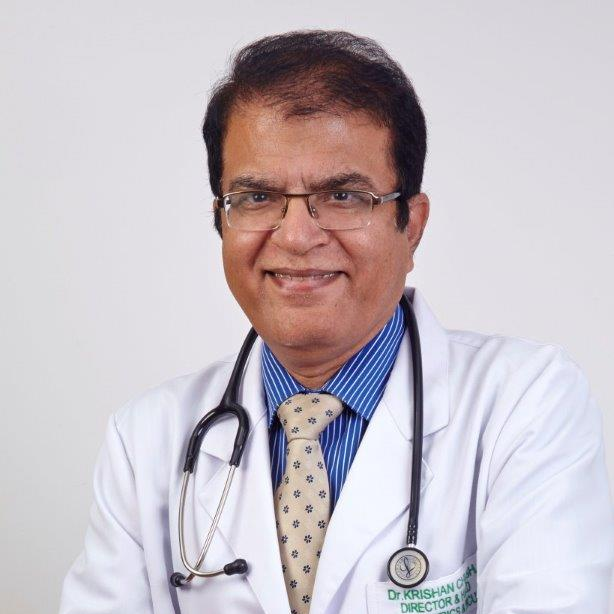
Treating Doctor
Dr. Krishan Chugh
Pediatrician- Pediatric Pulmonology, Allergy Specialist, Bronchoscopy, Bronchoscopy, Bronchoscopy, Pediatric Neonatalogy, Bronchoscopy, Bronchoscopy
Fortis Memorial Research Institute Gurgaon, India
39 Years of Experience

Treating Doctor
Dr. Gaurav Kumar
Paediatric Cardiothoracic Surgeon- Arterial switch operation, Double switch operation, Total anomalous pulmonary venous connection, Arch repair, ASD VSD repair, Tetralogy of Fallot repair, Truncus arteriosus repair, Rastelli operation & Cone repair and cardiac transplant
Narayana Super Speciality hospitals Gurgaon, India
21 Years of Experience

